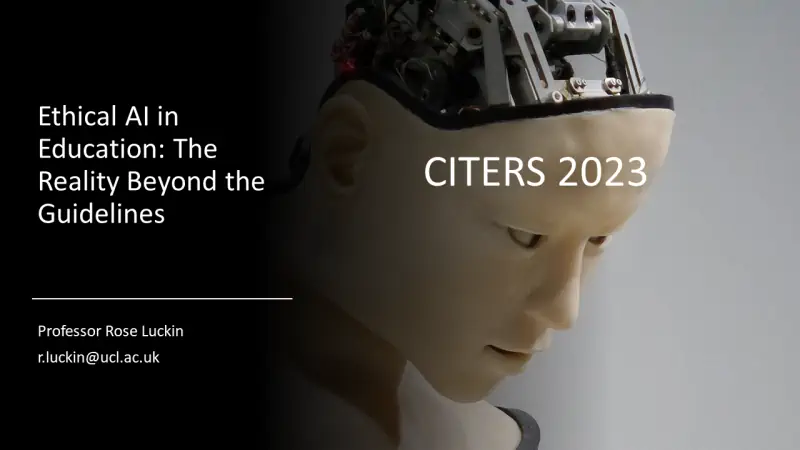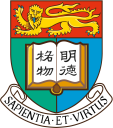Keynote
Reimagining Assessment in the Age of Artificial Intelligence

Speaker:
Professor Dragan GAŠEVIĆ, Monash University
Date & Time:
09:20 – 10:20, 4 May 2024 (Saturday)
Venue:
Rayson Huang Theatre, The University of Hong Kong (Map)
Language:
English
Sub-theme:
Artificial Intelligence, Open Data, and Digital Resistance
Chair:
Professor Gary WONG, Faculty of Education, The University of Hong Kong
Video Recording:
Video Recording
Presentation Slides
 ⬇️ Download the presentation slides in PDF format
⬇️ Download the presentation slides in PDF formatAbstract
This talk will explore approaches to reimagining assessment in the age of artificial intelligence. Effective assessment is the cornerstone of understanding and promoting student learning. Traditional methods like multiple-choice questions and essays have long served this purpose. However, the rise of generative AI technologies like ChatGPT, Gemini and DALL-E presents both challenges and opportunities for assessment. On the one hand, AI raises concerns about the integrity of traditional assessments. On the other hand, it creates new skills that we must cultivate and assess. We'll delve into the potential of generative AI and learning analytics to create assessments that are:
- continuous – providing ongoing feedback throughout the learning process;
- authentic – reflecting real-world application of knowledge and skills; and
- future-ready – measuring skills critical for thriving in the AI era.
The talk will provide numerous practical examples and research findings about effectiveness of assessment approaches in the age of AI.
About the Speaker
Dragan Gašević is Distinguished Professor of Learning Analytics and Director of Research in the Department of Human Centred Computing of the Faculty of Information Technology and the Director of the Centre for Learning Analytics at Monash University. Dragan’s research interests center around data analytic, AI, and design methods that can advance understanding of self-regulated and collaborative learning. He is a founder and served as the President (2015-2017) of the Society for Learning Analytics Research. He has also held several honorary appointments in Asia, Australia, Europe, and North America. He is a recipient of the Life-time Member Award (2022) as the highest distinction of the Society for Learning Analytics Research (SoLAR) and a Distinguished Member (2022) of the Association for Computing Machinery (ACM). In 2019-2023, he was recognized as the national field leader in educational technology in The Australian’s Research Magazine that is published annually. He led the EU-funded SHEILA project that received the Best Research Project of the Year Award (2019) from the Association for Learning Technology.


